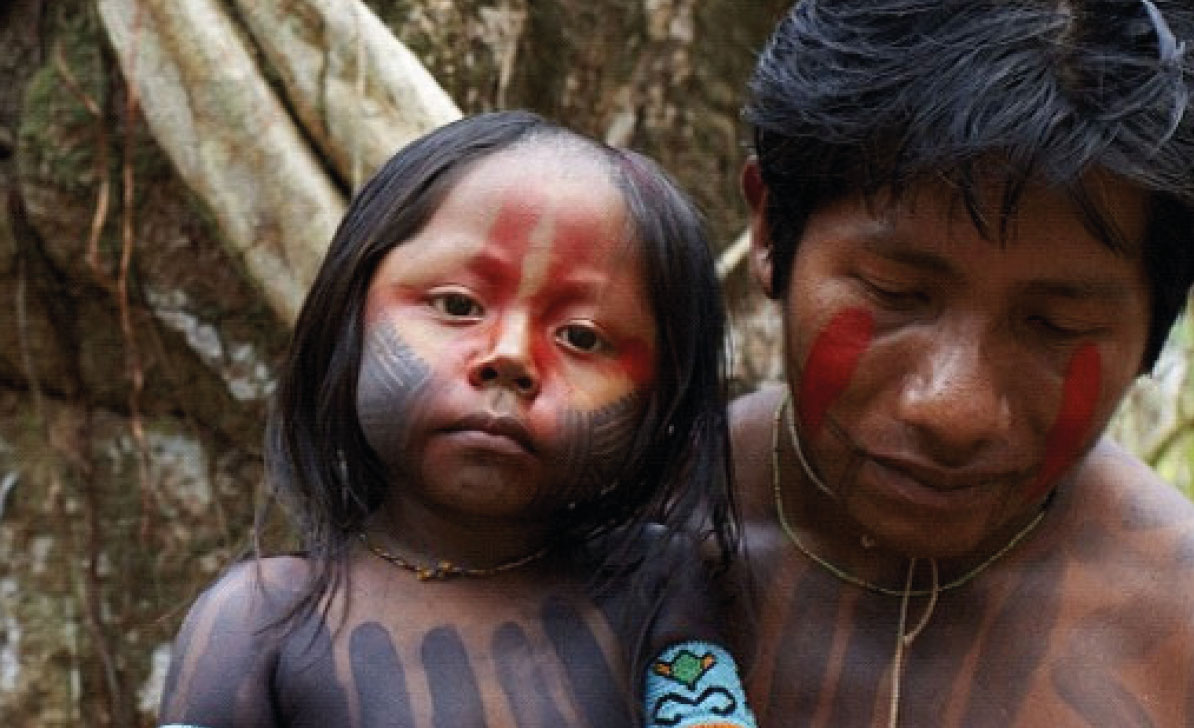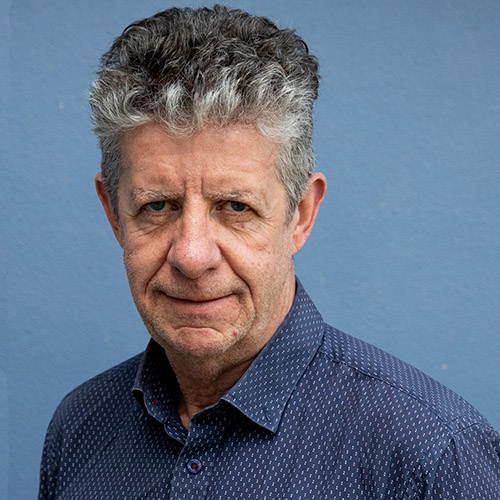Reducing emissions from deforestation and forest degradation (REDD+) was introduced by the United Nations Framework Convention on Climate Change (UNFCCC) as a mechanism to reverse the loss of forests and carbon stocks in developing countries. It operates on the basis of performance-based payments.
Our study focused on REDD+ as a market-based mechanism in the voluntary carbon market assesses the viability of REDD+ on Indigenous lands in the Brazilian Amazon. It examined three key aspects of REDD+:
- legal;
- technical; and
- market requirements.
It also assessed these aspects in light of recent policy and political developments in Brazil and under the UNFCCC process.
We found that REDD+, as a market-based mechanism in the voluntary carbon market, currently faces significant barriers as a useful tool for forest protection in the Amazon, due to the lack of an international carbon market under the UNFCCC, the highly complex technical requirements, and the low market demand for REDD+ credits in voluntary markets.
Additionally, we found that although legally possible under Brazilian law, REDD+ projects in the voluntary carbon market may not be a suitable market-based option for Indigenous communities in the Amazon due to the current national and international climate policy context.
Article authors
Beatriz Garcia De Oliveira
Lawrence Rimmer
Brendan Mackey
Additional authors
Leticia Canal Vieira
Garcia, B., Rimmer, L., Canal Vieira, L., & Mackey, B. (2021). REDD+ and forest protection on indigenous lands in the Amazon. Review of European, Comparative & International Environmental Law, 30(2), 207-219. doi: https://doi.org/10.1111/reel.12389
The paper is open source and freely available.




